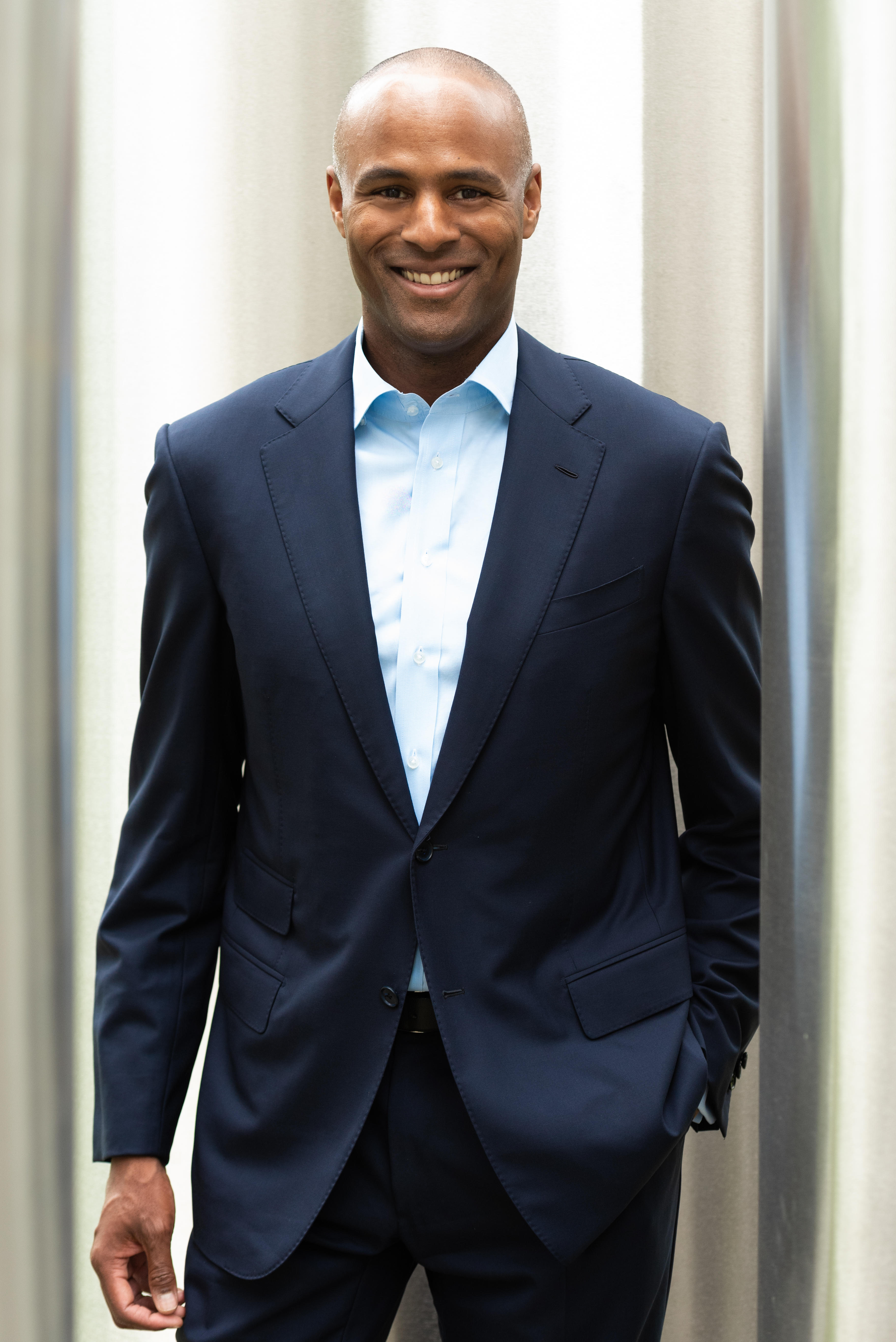Conversation with Katharina Bart FINEWS - Covid-19 and Beyond
Banks are still hiring for selected roles, consultant and headhunter Matthias Schulthess told finews.com, but the methods and means have changed dramatically.
Wednesday, 15 April 2020 11:13

Matthias Schulthess, I guess it’s safe to assume that asset and wealth managers have generally stopped hiring because of the coronavirus crisis?
Actually, hiring is not entirely at a standstill. While a global pandemic isn’t broadly helpful for consulting-type businesses like ours, we’re still seeing search mandates being launched. It may even be as a bid to demonstrate business continuity despite the crisis.
Who’s being headhunted right now?
It’s like Eisenhower’s urgent and important principle in crises: searches that have a strategic dimension and are of critical relevance are still going to occur.
What changes are you seeing in terms of hiring and recruiting due to the coronavirus?
We’re definitely seeing more clarity in decision-making in general. As with any crisis, the pandemic is bringing leaders to the surface that we perhaps wouldn’t have seen as clearly without it.
«Who is rising to the challenge in tough times?»
It’s interesting to observe, especially in terms of long-term succession planning, who is rising to the challenge in difficult circumstances.
Private banking is a decidedly «people» business. How are you recruiting if you can’t meet people in person?
I was recently part of a new hire conducted entirely on video-conferencing by three global hiring managers across Asia, the U.S. and Europe – from the first contact to signing the employment contract.
«More fact-based, less imagery, unconscious bias, and sentiment»
We’re all learning how to virtually simulate the chemistry and comfort level you develop with someone when you meet in person. The pandemic but also climate change raises the question building rapport based on virtual encounters.
A paradox in headhunting?
There are also advantages: the imagery partly falls away, the process in some cases might be more fact-based, and less prone to unconscious bias, favorable sentiment, or shared backgrounds. We need to be able to deliver results equally in hiring processes.
You mentioned more decisiveness in leadership. Many CEOs including of UBS and Credit Suisse have promised to halt
job cuts during the crisis.
Many firms are stepping up their social responsibility. What is clear is that when the acute phase of the crisis is over, banks will have to let staff go – and not in small numbers.
«Bonus conundrum of health crisis vs incentivizing best people»
This will be a direct result of the crisis in terms of lower assets under management and spending cuts as well as the broader transformation agenda that has already been in place.
A «goose egg» on bonuses for 2020 too – we’ve seen signals from Credit Suisse of more modesty due to the crisis?
Bonus pools are a complex issue this year – revenues in global markets have been up due to increased trading volumes and we’ve seen banks step up in a critical role in helping to cope with the crisis. The other dimension is that of a severe health crisis, which will lead to an unpleasant economic reality for many people. You would want senior leadership to be incentivized to deliver the best possible performance but it’s a balancing act.
Will pay also fall?
Not necessarily in the long run. Costs are obviously a concern. Many firms went into 2020 with a stringent cost and transformation agenda, but are now slowing or halting redundancies. Pay will level off again after staffing numbers return to a more normalized number, after job cuts.
What about CEO and top management pay?
Certainly, members of executive boards are most exposed – their pay is disclosed publicly and tracked most closely. The pandemic is the perfect alibi for poor company performance, so leadership teams should have strong incentives to create positive performance delta. But nevertheless, every crisis creates winners and losers – far more than a normal market environment.
Switzerland’s two largest banks have both paid their CEOs double-digit millions for years.
This is a global playing field. It will be interesting to see the stance of the international compensation advisors on how to address the current crisis related to pay on senior management and CEO level. It’s difficult to imagine CEO pay will not be affected. It’s a tough situation as a bank, at the same time as you are probably letting go hundreds of staff.
Matthias Schulthess is a managing partner and co-founder of Schulthess, Zimmermann and Jauch, an executive consultant and search firm. He began his career at UBS' investment bank, and worked for Credit Suisse, Goldman Sachs, and a subsidiary of Fidelity. Schulthess earned his MBA at London Business School.
